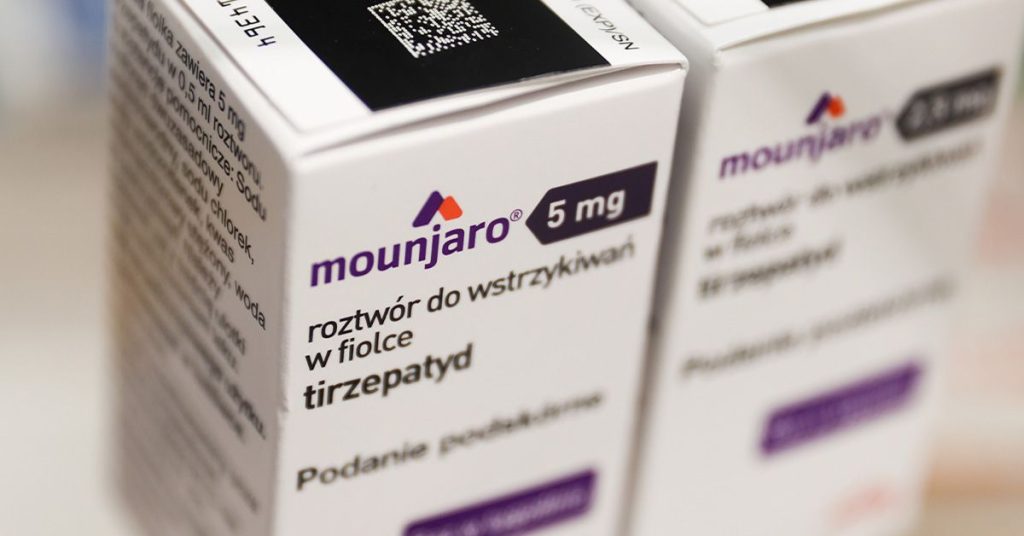A new clinical trial from Eli Lilly has shown that tirzepatide, the main ingredient in Zepbound and Mounjaro, can improve symptoms of obstructive sleep apnea. This condition is commonly found in individuals who also have obesity, with around 70% of people with obstructive sleep apnea being obese. The trial found that tirzepatide reduced symptom severity by almost two-thirds and resulted in a 20% weight loss in participants. The results have yet to be published in a peer-reviewed journal.
Eli Lilly’s SURMOUNT-OSA clinical trials included 469 participants from various countries, all of whom had moderate-to-severe obstructive sleep apnea and obesity. Participants were either unable or unwilling to use positive airway pressure (PAP) therapy, or planned to continue using it during the trial. Those who received tirzepatide injections experienced a significant reduction in apnea-hypopnea index compared to those who took a placebo. The results also showed a 20% weight loss in participants treated with tirzepatide.
Obstructive sleep apnea occurs when a person has trouble breathing or stops breathing while sleeping, often due to a blocked airway. Obesity is a common comorbidity of obstructive sleep apnea as excess fat deposits in the airways can lead to partial or complete blockages. This condition can negatively impact a person’s quality of life and increase their risk of various health issues such as heart disease, strokes, high blood pressure, and daytime fatigue.
Although the results of the clinical trial were not surprising to experts, they emphasized the importance of finding non-surgical options to address both weight loss and obstructive sleep apnea in individuals with obesity. The findings suggest that addressing obesity can improve obstructive sleep apnea and its associated comorbidities. Future research should focus on short-term endpoints, inclusion of more diverse study participants, and comparing the efficacy of tirzepatide against other weight loss methods.
Addressing obstructive sleep apnea in individuals with obesity is crucial as the prevalence of both conditions continues to rise globally. The ability to reduce sleep apnea severity and improve overall health outcomes through weight loss interventions is a significant step in managing these conditions. Research in this area needs to demonstrate the effectiveness of obesity treatments to ensure that they are covered by Medicare and insurance companies, ultimately reducing healthcare spending and improving the quality of life for individuals with obesity and obstructive sleep apnea. Further studies are needed to explore the timing of symptom resolution and the impact of tirzepatide on different population groups.















